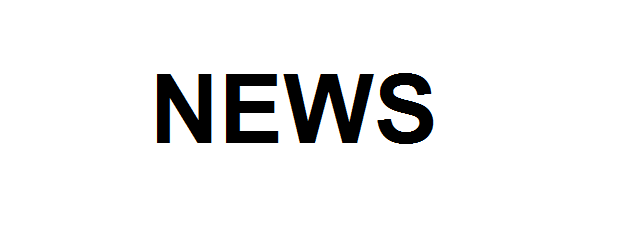In 2007 a small selection from China’s “Terracotta Army” of warrior figures became the British Museum’s most successful exhibition since the King Tutankhamun display 25 years earlier. Interest in the Army remains high, so we were very fortunate to hear a talk on them by Eva Xu Wei lin (above), who comes from the figures’ home town of Xi’an, in Shaanxi province.
The Terracotta Army was created to guard the burial site of Qin Shi Huang, the first Emperor of China. Eva explained that Quin, who also built the Great Wall of China, was a great moderniser, uniting the country and standardising its systems of measurements and scripts. However he was also fairly ruthless (even by the standards of 221BC), burying Confucian scholars alive with their books to stop the spread of ‘dangerous’ ideas, and cynically exploiting the ‘ten families’ law, which held groups of families responsible for each others’ crimes, to provide slave labour for his monumental projects.
To ensure an afterlife in the same style as as his earthly one, Quin ordered the construction of a burial complex covering over two million square metres, with his tomb at the centre (complete with rivers of mercury) and the army of 8,000 teracotta warriors nearby to defend him. All this was lost until the discovery of the first ‘pit’ by a local farmer searching for water in 1974. Quin’s tomb remains unexcavated to this day, partly for fear of damaging its contents, and partly due to the lethal anti-looting measures reputedly built in (with typical efficiency, Quin had their designers buried alive with him, so no-one would know how they workled).
Eva told us that, on the whole, the people of Xi’an are very glad that the Teraccota Army was discovered; it’s turned the city into one of China’s most popular tourists destinations, with its museum alone bringing in over £15 million each year. And while the farmer never did find any water, things worked out well for him in another way – after President Clinton asked for his autograph, the museum hired a calligrapher to help improve his writing, and he’s now employed as a full-time book signer.
• Eva Xu Wei lin is an established friend of BRLSI, having translated our Chinese ‘About Us’ page earlier this year. She’s just completed a Masters in Interpreting and Translating at the University of Bath, and will soon be leaving the city to pursue her career. We wish her all the best in the future.

